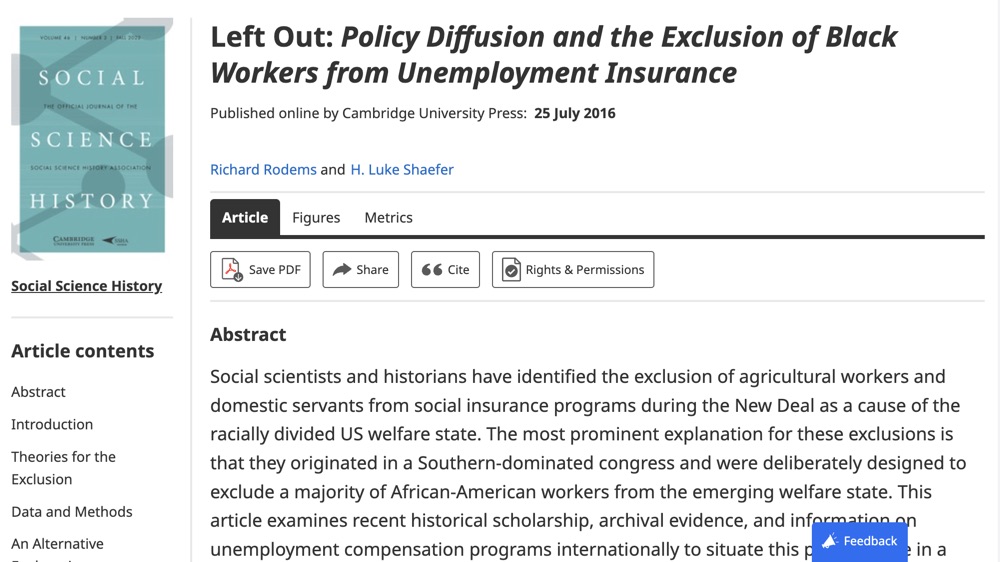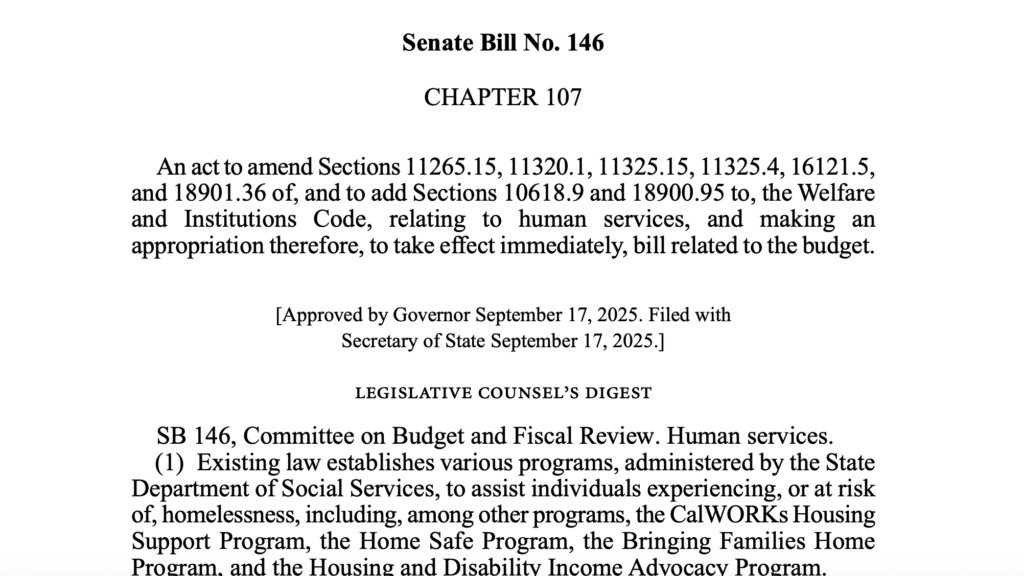Left Out: Policy Diffusion and the Exclusion of Black Workers from Unemployment Insurance
The exclusion of agricultural and domestic workers—predominantly African Americans—from the 1935 Social Security Act's unemployment insurance program is analyzed as a result of international policy diffusion rather than solely domestic racial politics.

This article examines the exclusion of agricultural and domestic workers from the unemployment insurance provisions of the 1935 Social Security Act, a policy that disproportionately affected African American workers.
While traditional explanations attribute this exclusion to racially motivated decisions by a Southern-dominated Congress, the authors propose an alternative perspective: international policy diffusion. They argue that U.S. policymakers, influenced by existing unemployment insurance models in Europe—which also excluded these worker categories—adopted similar exclusions. The study draws on historical scholarship, archival evidence, and analyses of international unemployment compensation programs to support this view, suggesting that the exclusion was a result of emulating established foreign policies rather than deliberate racial discrimination by domestic legislators
Share this Resource:


